The much stronger-than-expected wage increase comes as the Bank of Japan (BOJ) prepares to end its eight-year negative interest rate policy, Reuters reported. BOJ officials have stressed that the timing of the policy will depend on the outcome of annual wage negotiations this year.
Japanese policymakers hope that the big wage increases will boost household spending and create more sustainable growth in the broader economy . Japan's economy avoided recession late last year.
Workers at major companies have demanded an annual wage increase of 5.85 percent, the first such increase in 30 years, the Rengo union said, citing Reuters. Rengo represents about 7 million workers, many of whom work at major companies.
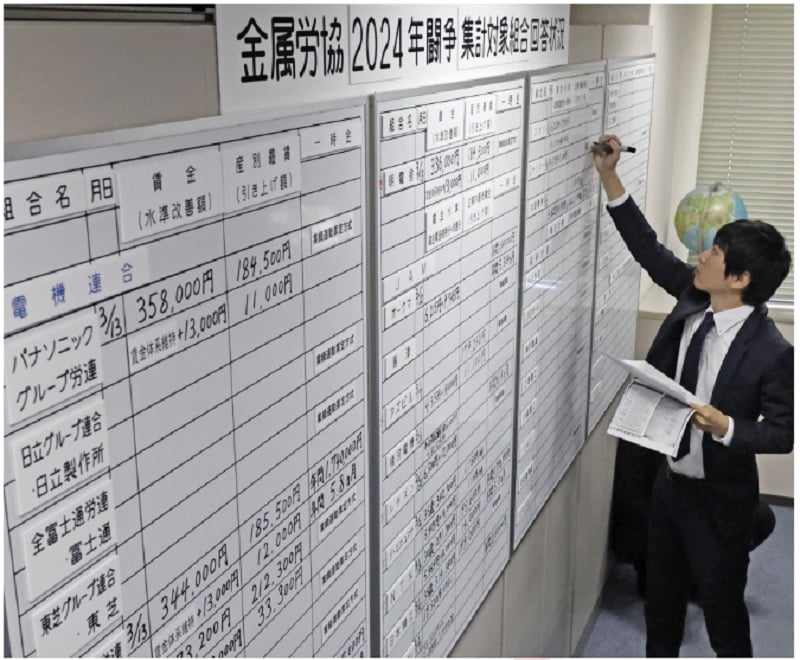
A union representative writes responses from major Japanese companies during annual wage negotiations in Tokyo on March 13.
Kyodo News screenshot
Analysts had previously predicted a wage increase of more than 4%, after last year's 3.6% increase, which was the highest in three decades.
Rising income inequality, inflation and a labor crunch were among the factors behind the big pay hikes, President Rengo Yoshino Tomoko told a news conference. Yoshino added that part-time workers will get a 6% pay rise in fiscal 2024, which starts in April.
Ms. Yoshino stressed that Japan is at a crucial stage in the transition to economic recovery.
Wage negotiations at most smaller companies are expected to end by the end of March and any pay increases they get are likely to be lower than those agreed by larger companies.
While Japanese companies have been raising wages, the increases have largely failed to keep pace with inflation. Real wages, adjusted for inflation, have now fallen for 22 straight months, according to Reuters.
Source link


![[Photo] Cat Ba - Green island paradise](/_next/image?url=https%3A%2F%2Fvphoto.vietnam.vn%2Fthumb%2F1200x675%2Fvietnam%2Fresource%2FIMAGE%2F2025%2F12%2F04%2F1764821844074_ndo_br_1-dcbthienduongxanh638-jpg.webp&w=3840&q=75)







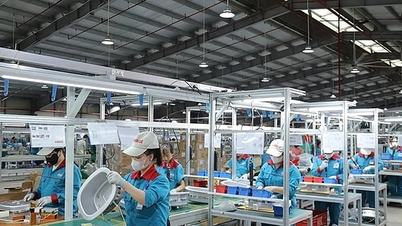
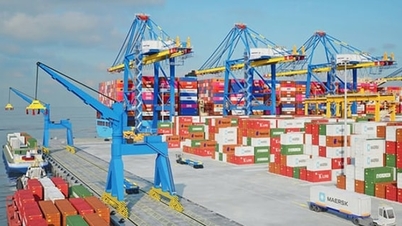





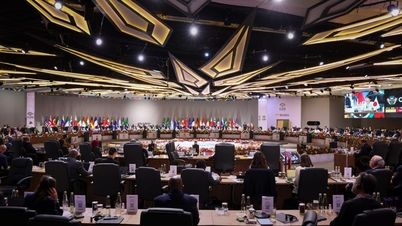





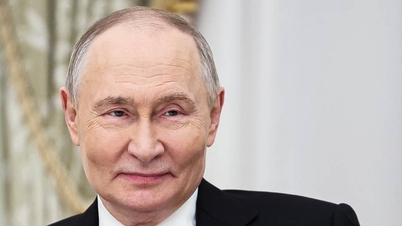







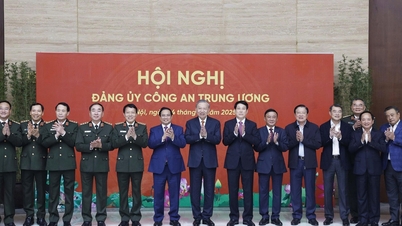







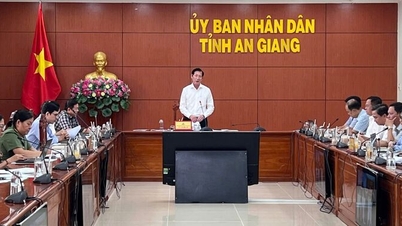
















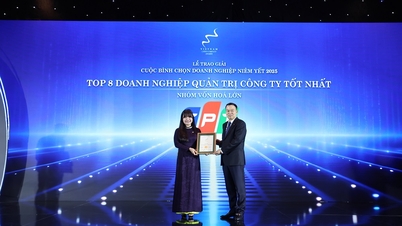



![[VIMC 40 days of lightning speed] Da Nang Port: Unity - Lightning speed - Breakthrough to the finish line](https://vphoto.vietnam.vn/thumb/402x226/vietnam/resource/IMAGE/2025/12/04/1764833540882_cdn_4-12-25.jpeg)










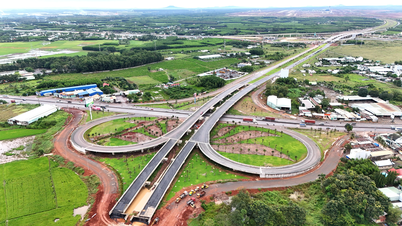




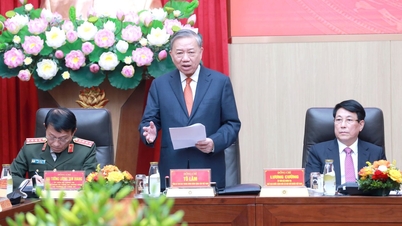

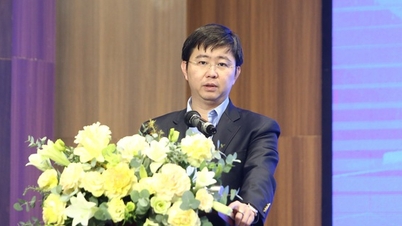

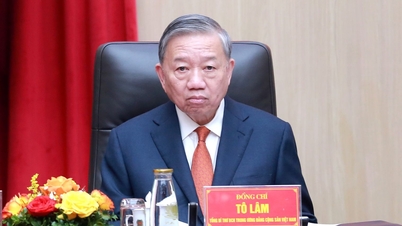













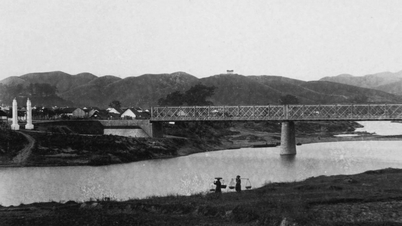















Comment (0)